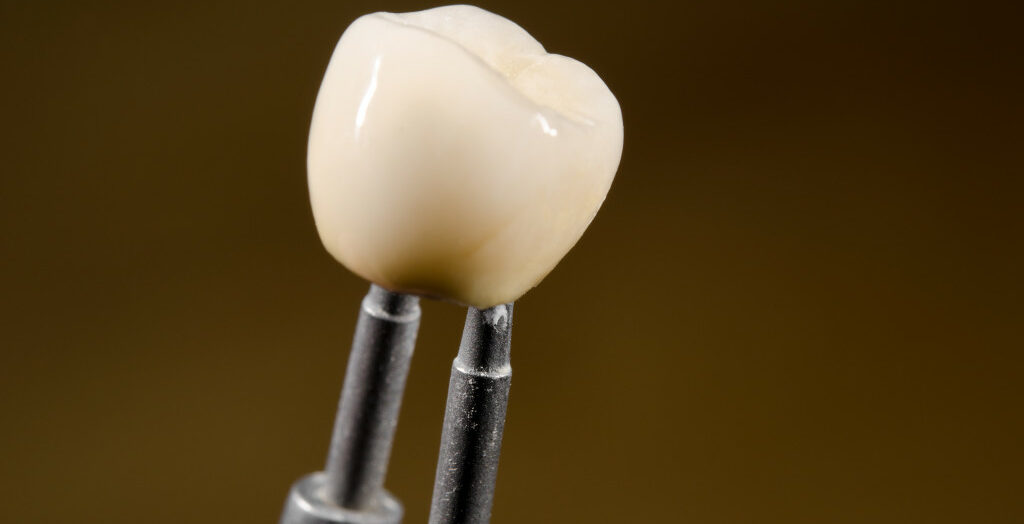Tooth decay is a common dental problem that can have serious health consequences if left untreated. Unfortunately, many people don’t know what causes tooth decay or how to prevent it. Understanding tooth decay’s causes and prevention can help keep your teeth healthy and strong. This article discusses four causes of tooth decay that you may not be aware of and ways to prevent them. We will also discuss when tooth replacement might be necessary if preventative measures are not taken in time.
1. Overeating Sugar
Sugar is another major cause of tooth decay because it fuels the bacteria in our mouths. When we eat sugary foods such as candy or soda, the bacteria break down this sugar and produce acids that erode the enamel of our teeth. It is vital to limit your intake of sugary foods and drinks, as these can cause cavities to form over time.
For those with a sweet tooth, try eating sugar-free snacks or drinking water after sugary treats. Additionally, brush your teeth regularly to remove any residual sugar particles from your mouth.
In addition to reducing your intake of sugary foods, paying attention to the amount of added sugars you consume is essential. Added sugars are often hidden in processed foods and beverages such as granola bars, cereals, bread, and condiments. Be sure to read nutrition labels carefully and look for words such as “fructose,” “glucose,” or “sucrose.”
2. Acidic Foods
Eating acidic foods or beverages can also increase the risk of tooth decay because they make it easier for bacteria to break down the enamel on your teeth. Avoiding highly acidic foods and drinks such as orange juice, soda, tomatoes, and vinegar can help protect against tooth decay.
If you choose to consume these foods, it is important to drink plenty of water and brush your teeth soon afterward. This will help wash away any residual acids left in your mouth.
It is also essential to regularly visit your dentist for check-ups to assess the condition of your oral health. Your dentist might suggest that you use a special toothpaste or mouthwash, as well as fluoride treatments which can help strengthen the enamel and protect against further decay.
Additionally, it is important to limit the frequency of highly acidic drinks to reduce their impact on your teeth. The more you can cut back on these drinks, the better it will be for your oral health in the long run. For instance, instead of drinking soda daily, you can drink it once a week.
3. Chewing on Hard Objects

Chewing on hard objects such as pencils or ice can also cause tooth decay over time because they create tiny cracks in the enamel of your teeth. These cracks allow bacteria to enter and cause cavities. Avoid chewing on hard objects, as this can permanently damage your teeth if not treated immediately.
If you have the habit of chewing on hard objects, it is important to stop as soon as possible. Not only can this lead to severe damage to your teeth, but it can also cause pain and discomfort in your jaw while eating and talking. If you are experiencing pain or sensitivity due to the chipping or cracking of a tooth, consult with your dentist as soon as possible.
Your dentist may suggest a dental bridge or crown to help protect and reinforce the damaged tooth. Root canal therapy may sometimes be necessary if the tooth’s pulp has been affected. Whatever replacement tooth procedure is suggested, you must follow your dentist’s advice to avoid further damage to your teeth.
4. Bad Oral Hygiene
Bad oral hygiene habits such as smoking or frequent use of mouthwash can also contribute to tooth decay. Tobacco products contain numerous chemicals that increase the risk of cavities and gum disease, while some mouthwash may be too intense for your teeth and cause them to become sensitive.
Regular visits to the dentist are a vital part of maintaining good oral hygiene. Dentists can spot potential problems before they become severe during these visits and provide treatment or advice as needed. Regular cleanings help remove plaque and tartar buildup that brushing and flossing alone can’t permanently remove while also providing a chance for early detection of more serious conditions like gum disease and oral cancer.
To Wrap It Up
Tooth decay is a severe problem that can cause long-term damage to your teeth. It is essential to be aware of the causes of tooth decay and take steps to prevent it. If preventive measures are not taken in time, tooth replacement might be necessary to restore dental health. Your dentist will be able to discuss the best treatment options with you. With proper oral care, you can look forward to healthy teeth for years!






